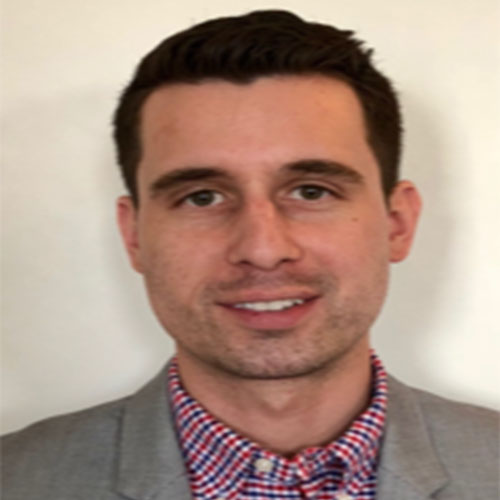5 Reasons to Work Locum Tenens After Residency
The transition from residency to a full-time career can be overwhelming, but working locum tenens can help make the transition smoother. Traditionally, locum tenens work has been thought of as a way to fill gaps between full-time employment or as a way to ease into retirement, but there are so many other reasons why the locum tenens model of employment is appealing, especially to residents. From trying out different types of practices and locations before settling down, to making extra money to pay down debt, more physicians are choosing to pursue locum tenens work post-residency. And some physicians are choosing to make locum tenens work their full-time career.
Travel the country
Is there a state you’ve always dreamed of living in, but haven’t had the chance? What if you were able to “try it out” before making the big decision to make a permanent move? When you work locum tenens assignments, you can. Locum tenens positions are available in every state across the country. And when you work with LocumTenens.com, your travel and housing expenses are covered. You’ll receive help with credentialing and obtaining your license in different states, and your malpractice insurance will be covered too. LocumTenens.com’s dedicated customer service teams make it easy for you to choose exactly where you want to practice medicine and take care of all the details for you. By working locum tenens, you can travel to where your help is needed most, when your help is needed most, as quickly as possible.
Try different practice settings
Just as locum tenens positions are available across the United States, they are also available in every kind of practice setting as well. Most residents gain experience in large academic settings, but many have a desire to practice in a different type of setting after residency. For example, some residents want to open their own practice but haven’t yet gained the business experience necessary to be successful. These residents are able to choose locum tenens assignments at independently owned practices so they can learn firsthand how to run a small business through day-to-day experience.
A lot of large academic settings where physicians complete residency are located in larger urban or metropolitan areas, and practicing in rural areas can be very different. Rural areas are facing specialist shortages, and those who work locum tenens post-residency, both at smaller practices and larger facilities, find working in rural settings to be uniquely rewarding.
Make extra money
Medical school can be expensive, and a lot of physicians find themselves in student loan debt after residency. Did you know most locum tenens assignment pay rates are just as much, if not more, than what you might earn in a permanent position? Speaking with a locum tenens recruiter will give you an idea of the rates you could be earning in some of the different positions available to you across the country.
Have a more flexible schedule
Residents can be expected to work up to 80 hours a week, and the long hours can lead to physician burnout before residents even finish their training. Locum tenens work is completely flexible, meaning physicians can choose how often and when they are work. For example, rather than work locum tenens to maximize their income, some physicians work locum tenens to maximize the time they spend out of the office. Traditional, full-time employment models limit the number of vacation days a physician is able to take throughout the year. But locum tenens allows physicians to work both where they want and when they want.
Continue learning
As a resident, you’ve spent a lot of time learning in recent years, both in and out of the classroom. But as a physician, the learning you’ll need to do to provide the best care for your patients is never truly finished. While every physician continues their learning, either by practicing medicine or through their continuing medical education (CME) courses, locum tenens work is one of the best ways to continue learning through a wide variety of experiences and settings. Each new healthcare facility you travel to will afford you new experiences and lessons you might not otherwise be exposed to by permanently joining a healthcare organization immediately after residency. And healthcare administrators often share just how valuable their locum tenens physicians are, not just because of the medical services they provide for patients, but also because of the knowledge they impart to their other clinicians. As a locum tenens physician, your varied experiences will allow you to share the lessons you’ve learned along the way and make a lasting impact, not just on the patients you treat, but also on the colleagues you meet throughout your journey.

About the author
Michael B. Hess, D.O.
Internal Medicine, Hospitalist
Dr. Michael Hess is an Internal medicine physician trained in a variety of settings with a focus on practicing hospital medicine in rural and urban areas. Dr. Hess works exclusively with LocumTenens.com as a Hospitalist providing coverage on a locum tenens basis at assignments throughout the country. While a Resident Physician at the University of Pittsburgh Medical Center Pinnacle, Dr. Hess facilitated a trial program on Sepsis Core Measures, which ultimately improved the outcomes of the hospital.
Dr. Hess highly values the power of communication. As a Hospitalist he takes the opportunity to spend the appropriate amount of time with his patients, which he finds essential to developing a partnership to ensure they understand the phases of their care while hospitalized.
In Dr. Hess’s off time he unwinds by enjoying a quick get-away somewhere warm, running or trying to master a new video game.





